Thanks to advances in agriculture, the mineral content of our food has dropped by over 50%. Even our tap water is lacking in minerals. Meeting our daily mineral intake requires more effort than it used to, but it doesn’t have to be a hassle. This mineral-infused drink is a tasty way to ensure you get your daily minerals.
Mineral Drink
Recently, I’ve been focusing on ensuring my family and I get enough minerals because they are crucial for the effective functioning of our body systems. Even consuming organic superfoods may not provide all the necessary vitamins and minerals. In the past, our food and water sources were more nutrient-rich. The rise of intensive farming methods like mono-cropping, along with the use of pesticides and herbicides, has significantly reduced the mineral content in food. Some experts argue that our current food supply cannot meet nutritional needs. Mineral supplements can help bridge this gap.
Are You Mineral Deficient?
If you’re reading this, there’s a high likelihood that you’re lacking in minerals. As stated by biochemist Barton Scott, 96% of people are iodine deficient, and 99% have insufficient potassium. Magnesium deficiency is also widespread. This deficiency exists regardless of shopping for organic produce. One solution I’ve found is cultivating our family’s produce in nutrient-dense soil. While it makes a difference, I’ve observed substantial benefits from mineral supplementation. Some minerals, like iodine, are naturally scarce unless certain regional conditions are met.
Even if your blood work shows normal levels, deficiencies may still exist since they can take years to appear. The body compensates by drawing minerals from organs and bone marrow to maintain blood levels.
Health Benefits of Minerals
But what are minerals and why are they vital? Minerals activate enzymes and support thousands of essential functions within the body. They help prevent heart-related diseases and serve as catalysts for vitamin absorption, such as the necessity of boron for vitamin D utilization. Here is a list of major minerals required daily and their benefits. This list provides a general overview, acknowledging that each mineral like magnesium serves thousands of roles.
-
Calcium – Essential for strong bones and teeth, regulates blood pressure, assists muscle contraction, nerve communication, and blood clotting.
-
Magnesium – Supports bone and teeth health, regulates blood pressure and sugar, aids muscle, brain, and mood functions, among others.
-
Potassium – Maintains a regular heartbeat, facilitates muscle contraction, and regulates sodium metabolism for fluid balance and blood pressure.
- Sodium – Crucial for balancing blood pressure and sugar, fluid balance, muscle contractions, and brain health.
Trace Minerals For Healthier Bodies
Although trace minerals are needed in smaller amounts, they remain crucial for health. It’s about achieving balance since imbalance can cause issues just as deficiency can. Here are some trace minerals, their roles, and ways to obtain them:
-
Phosphorus – Integral for bones, teeth, DNA, and ATP production. Found in dairy, salmon, chicken, and beef, but phytic acid in seeds and breads can hinder absorption.
-
Manganese – Involved in metabolic processes, fertility, immune function, and free radical elimination. Better absorbed from breast milk than formula. Found significantly in blue mussels, with good sources in hazelnuts, pecans, and oysters.
-
Chromium – Supports healthy blood sugar and insulin levels, with vitamin C enhancing absorption. However, absorption is minimal due to inhibitors in foods like leafy greens and nuts.
-
Molybdenum – Assists in processing wastes and toxins. Found in high amounts in black-eyed peas, lima beans, and organ meats.
- Silica – Although it is the second most abundant element on Earth, it is necessary for collagen in bones and tendons. I add a teaspoon to my mineral drink.
Why Food Isn’t Enough
Due to soil depletion, acquiring enough minerals through diet alone is challenging. The mineral amounts in foods like magnesium and chromium vary based on soil richness, and many spring waters now lack traditional electrolyte content. National surveys, such as those by NIH, stopped collecting data on trace minerals like molybdenum, relying on outdated data. Understanding the need for minerals is essential because their quantities have diminished over decades.
How Much Do We Need?
Daily mineral intake is crucial since our bodies do not store them. Our cellular structures depend on minerals for optimal function. Various activities like intense physical activity, stress, or consumption of caffeine and alcohol increase the need for minerals.
Mineral Supplements
I often switch my supplement regimen, but magnesium is always a staple. Making a mineral drink is a simple and enjoyable way to increase mineral intake without relying on pills. Mineral drinks can greatly benefit children, especially those involved in sports. Such drinks contrast with commercial sports drinks, which might lack essential trace minerals and contain unwanted additives.
Hydration Isn’t Enough
Through personal experience, I’ve learned that excessive water intake without electrolytes can be harmful. Distilled and many bottled waters lack essential electrolytes, which can lead to imbalance and symptoms such as headaches and dizziness. Proper hydration includes maintaining electrolyte levels to avoid such issues.
Mineral Drink Ingredients
I begin with Olipop, juice, sparkling mineral water, or LMNT electrolytes as a base. Citrus juice is a preferred addition for its health benefits.
-
Lime juice – Contains potassium, calcium, and antioxidants
-
Lemon juice – Provides vitamin C, calcium, potassium, and B vitamins
-
Grapefruit juice – Offers vitamin C, A, and minerals including magnesium
-
LMNT – Delivers balanced sodium, magnesium, and potassium
- Olipop – High in fiber and prebiotics, free of added sugars
Mineral Options
These liquid mineral supplements, selected for easy absorption, can be mixed as preferred to enhance the mineral drink. It’s not necessary to use all of them simultaneously.
What are your favorite ways to incorporate minerals into your diet? Feel free to share your thoughts!



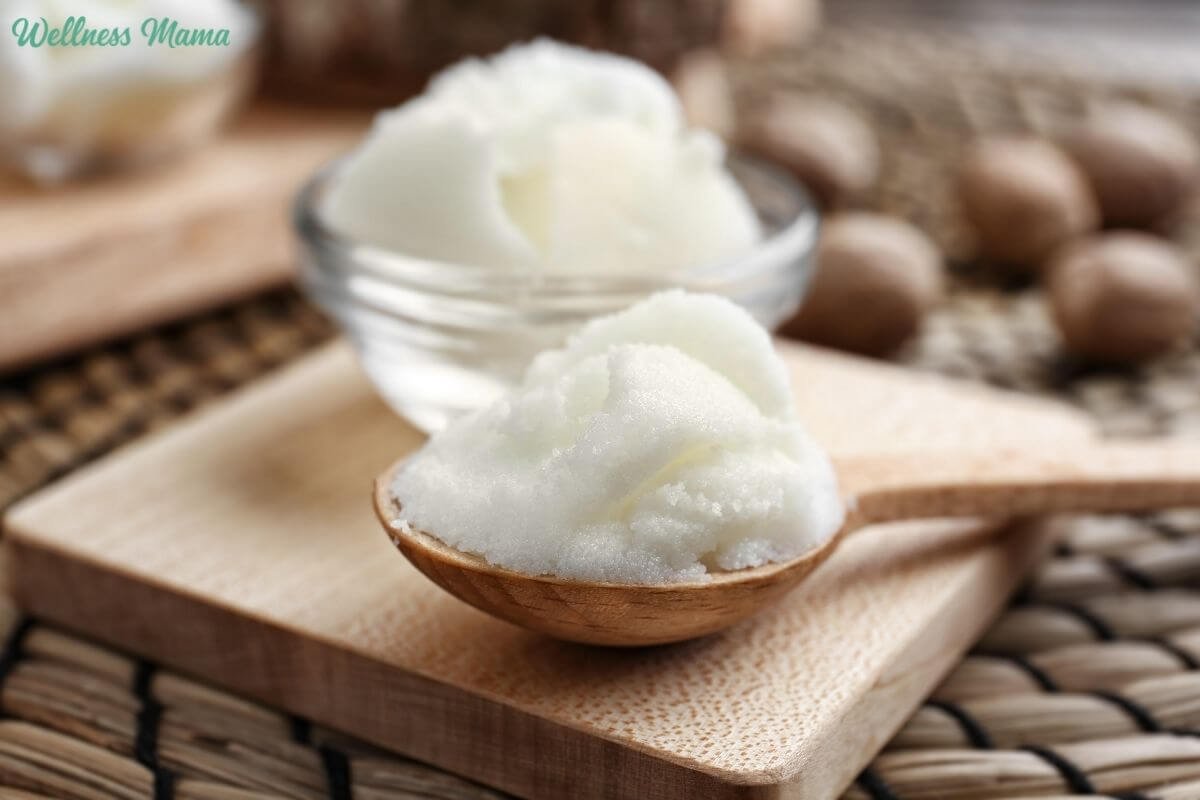
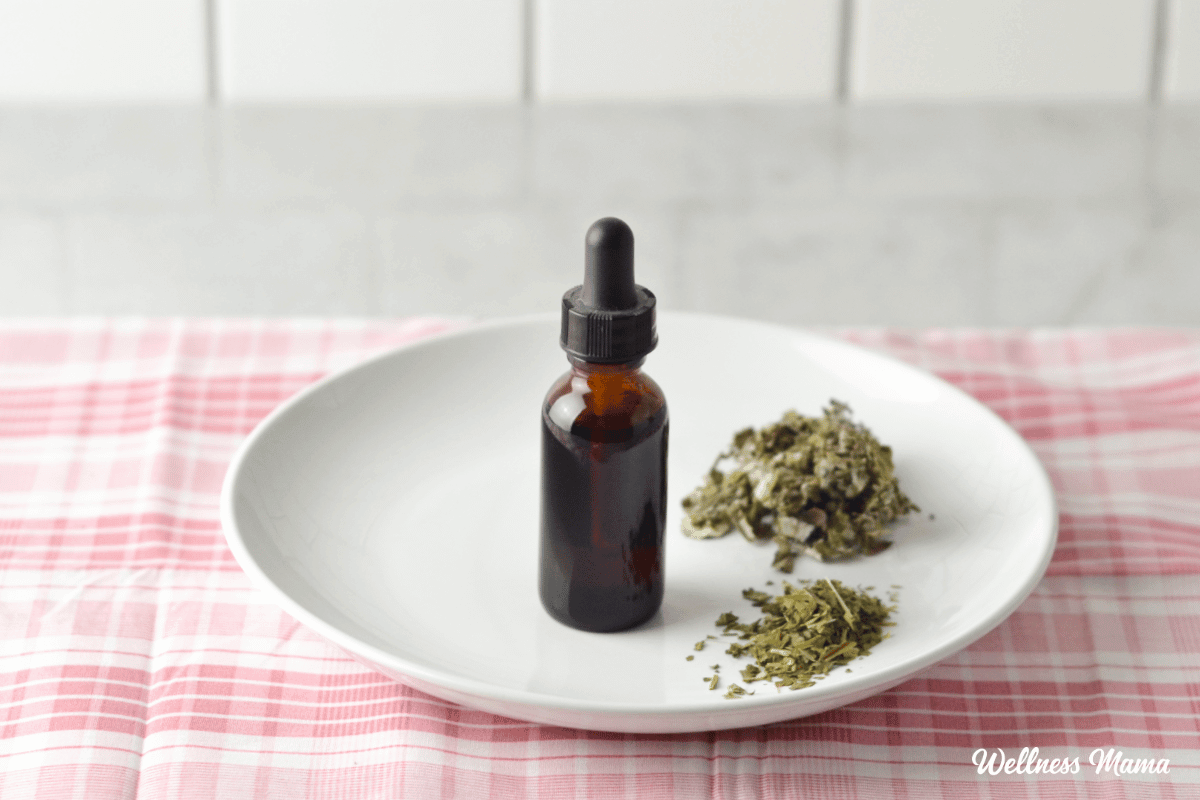




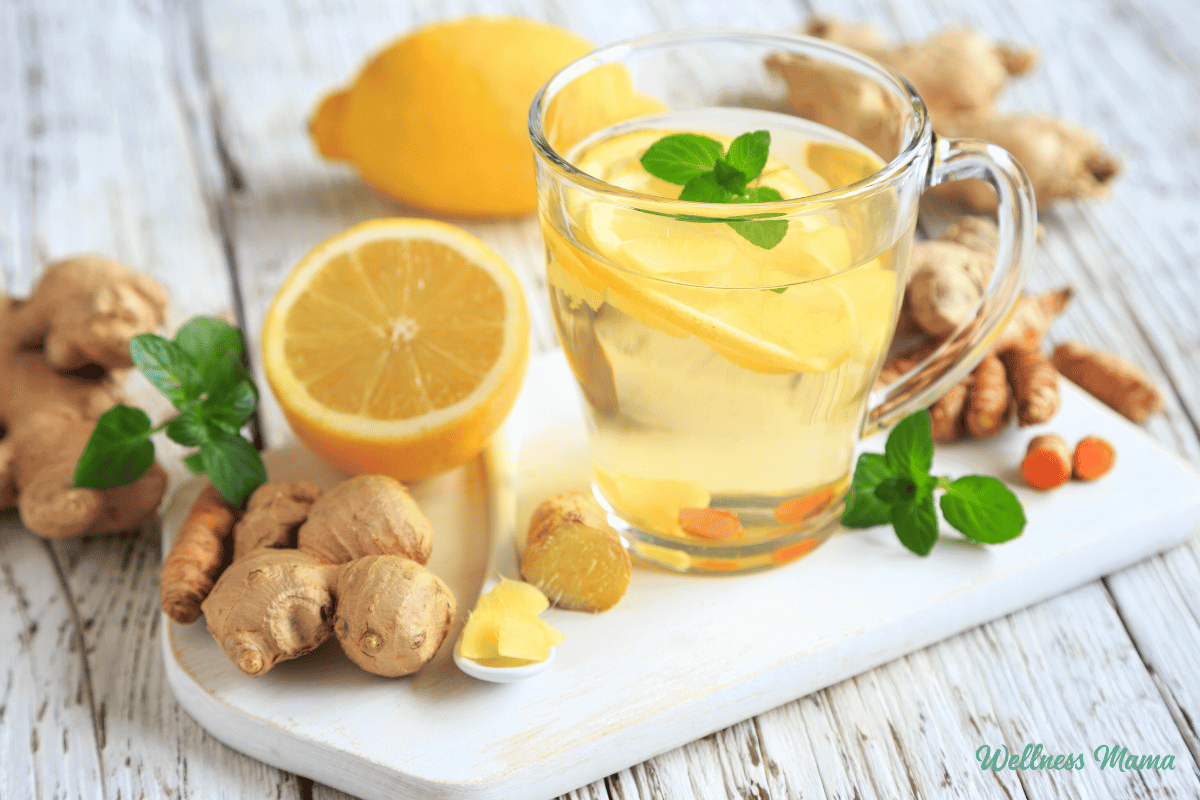
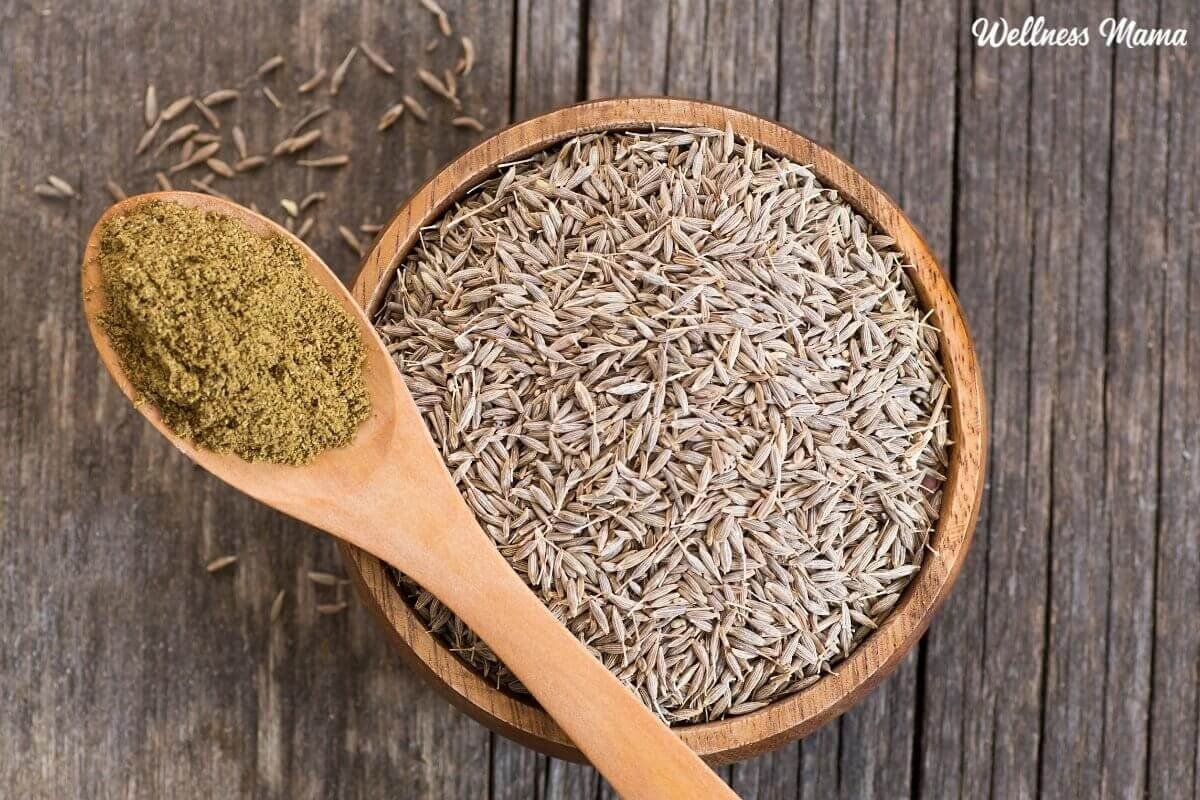




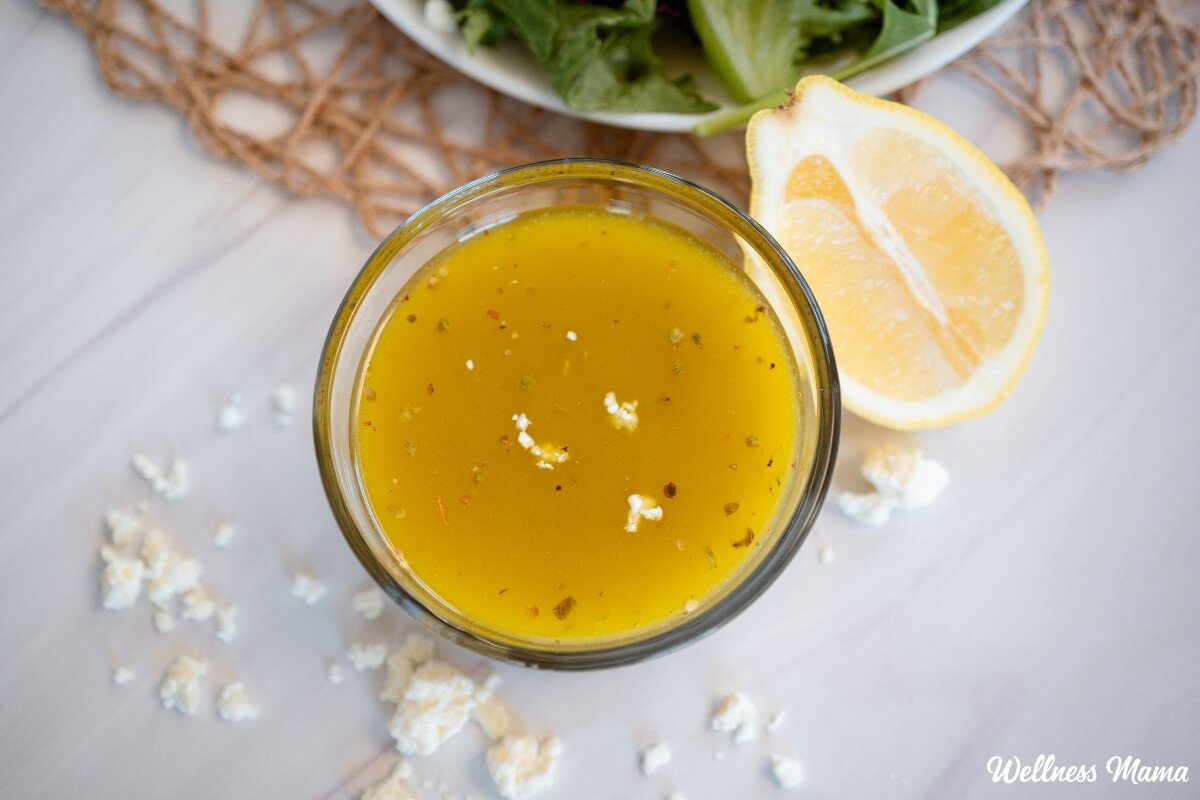

Leave a Reply